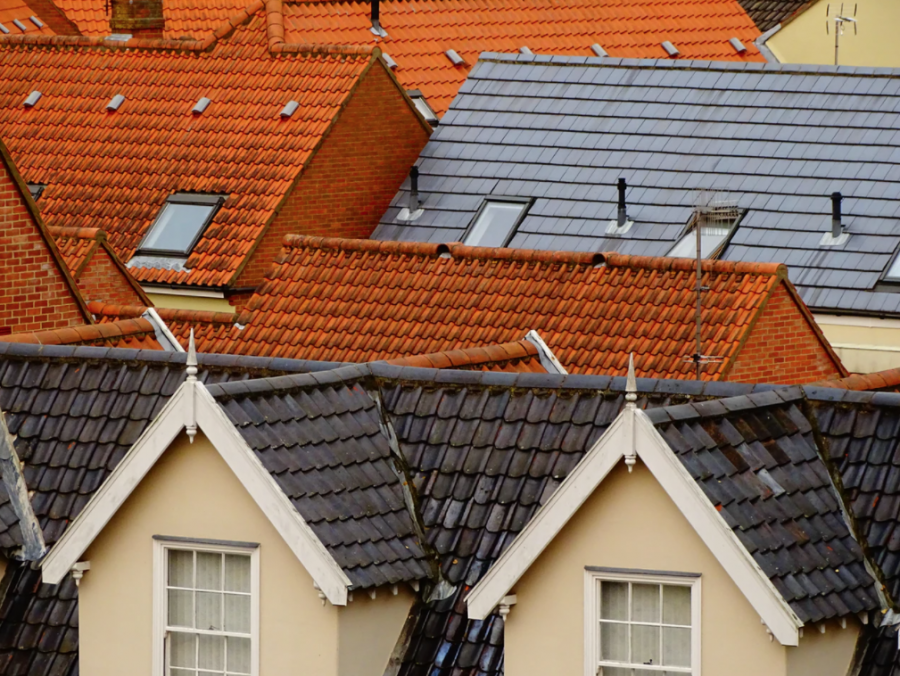If there’s a problem with your roof, there are really only two options—you can have the damage repaired or you can have the entire roof replaced. Deciding which option makes sense isn’t always so easy, though. Will repairs hold up against the amount of damage? Is replacing the whole roof too drastic? Below are six questions you can ask to help you decide between roof repair and replacement.

How Does It Look?
How bad does the damage look to the naked eye? If you’re looking at something that’s barely noticeable, for example, a repair is probably going to make more sense. If you are looking at something that looks like a major problem, the odds are that a full replacement is going to wind up being easier. Holes, sagging, numerous missing or damaged shingles will all likely require replacement.
What Kind of Damage Is It?
Are you looking at natural wear and tear or are you looking at the results of a disaster? Is the problem in front of you one that you expected or has it come out of nowhere? Knowing what caused your problem is going to give you a good idea of who to call next. A tree branch smashed through to the attic will obviously require immediate roof replacement. However, some wear and tear from age may only need some simple repairs.
What Caused the Damage?
The causes of damage to your roof really do matter when it comes to deciding between repairing and replacing. If some minor damage was caused by something like a falling branch or strong winds, then repairs might cover the damaged areas. If it was caused by water, though, you might be looking at a deeper problem that might require a full roof replacement. While water damage isn’t usually immediately noticeable, it can wreak devastation on a roof. By the time it’s noticed, it’s often done too much damage to be simply patched up.
How Much Will It Cost?
Don’t just think about this in terms of saving money. If you know that repairing your roof is going to cost nearly as much as getting a new roof, it might make more sense to replace the entire thing and move on. While this might seem like too much of a first step, replacing the roof will decrease the number of repairs you’ll have to do in the coming years, saving you money in the long run. Then you can put money that would go towards those repairs toward other home improvements.
What Is the Roof Made Of?
Your roof’s construction will play a big role in deciding what to do next. Whether you’re looking at premium asphalt, metal, or slate, each type of roof has its own pros and cons for repair work and replacement. It’s also important to determine if you are happy with your current roof’s construction and whether replacing a roof with something new will improve the value of your home.
Asphalt is the most common type of home roofing shingle, but it’s also the least effective. Replacing those shingles with tile, slate, metal, or other kinds of shingles could help you save money on future repairs and even on your home heating and cooling costs.
Is It Time for Roof Replacement?
Finally, try to think about your roof’s lifespan. It’s rare to find a roof that’s not going to need a replacement after half a century, with some more cheaply constructed roofs needing a replacement after as little as twenty-five years. The closer your roof is to its inevitable end, the more sense a roof replacement makes. If you’re not sure how old the roof is exactly, have a roofing professional come out and take a look at it. They’ll be able to tell you how old it is and how many years it likely has left on its lifespan.
Don’t be afraid to ask tough questions about repair and replacement. Though sometimes it might feel easier just to patch up a problem, you have to remember the replacement does sometimes make more sense. Next time you notice a roof problem, ask yourself the questions above so you can make the right decision about how to take care of it.